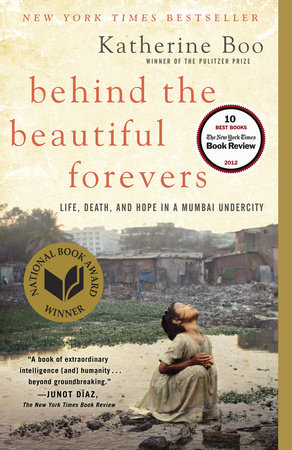This debut novel by Darcey Bell opens with an aside from one of the 3 main characters. "My mother used to say: Everyone has secrets. That's why you can never really know anyone else. Or trust anyone. It's why you can never know yourself. Sometimes we even keep secrets from ourselves. Growing up, I thought that was good advice...Later I discovered that Mom was speaking from personal experience. And I wonder if she was not just preparing me but programming me for secrecy and mistrust. Did she sense that I would grow up to have darker and more shameful secrets than anyone else's? Secrets I mostly manage to keep--even from myself?"
Stephanie, widowed for 2 years and living with her young son Miles, finds herself feeling lonely and so begins writing a blog for "Moms." What goes into the blog is a slightly altered version of the real Stepanie's life; her blog offers emotional honesty, unequivocal support for the challenges of being a mother, and a mostly sunny take on the world. When she is befriended by glamorous neighbor and mother of her son's best friend, she is thrilled at having found a kindred spirit--she thinks. Emily works as a publicist for a fashion designer in Manhattan, and is married to a handsome British financier on Wall Street. Due to their busy lives, Stephanie occasionally picks up their son, Nicky, and keeps him at her home until Emily or Sean can pick him up. On one particular occasion, when Sean is abroad on a business trip, Emily fails to show up. Stephanie thinks she must have misunderstood, but Emily is not answering her phone. After a couple of days, Stephanie is panicking and gets in touch with Sean, who doesn't initially seem too worried; eventually, however, she and Sean go to the police, who also are not too worried. People not infrequently walk away from their families, after all. However, several weeks later, a body is discovered in a lake near Emily's old family cabin in Michigan, wearing Emily's ring, and matching Emily's DNA. It seems clear that Emily is dead. As Emily mourns her best friend, Sean mourns his wife, and Nicky struggles with the loss of his mother, the families become entangled. And then Nicky comes home from school one day, claiming to have seen his mother.
Apparently Stephanie did not take fully to heart her mother's advice and she continues to trust even after she learns of betrayal. She will do anything to get her best friend back, including betraying others in turn. You just know this is not going to end well.
A favorable review from Library Journal, and not so favorable reviews (which I share) from Publishers' Weekly and Kirkus.
Stephanie, widowed for 2 years and living with her young son Miles, finds herself feeling lonely and so begins writing a blog for "Moms." What goes into the blog is a slightly altered version of the real Stepanie's life; her blog offers emotional honesty, unequivocal support for the challenges of being a mother, and a mostly sunny take on the world. When she is befriended by glamorous neighbor and mother of her son's best friend, she is thrilled at having found a kindred spirit--she thinks. Emily works as a publicist for a fashion designer in Manhattan, and is married to a handsome British financier on Wall Street. Due to their busy lives, Stephanie occasionally picks up their son, Nicky, and keeps him at her home until Emily or Sean can pick him up. On one particular occasion, when Sean is abroad on a business trip, Emily fails to show up. Stephanie thinks she must have misunderstood, but Emily is not answering her phone. After a couple of days, Stephanie is panicking and gets in touch with Sean, who doesn't initially seem too worried; eventually, however, she and Sean go to the police, who also are not too worried. People not infrequently walk away from their families, after all. However, several weeks later, a body is discovered in a lake near Emily's old family cabin in Michigan, wearing Emily's ring, and matching Emily's DNA. It seems clear that Emily is dead. As Emily mourns her best friend, Sean mourns his wife, and Nicky struggles with the loss of his mother, the families become entangled. And then Nicky comes home from school one day, claiming to have seen his mother.
Apparently Stephanie did not take fully to heart her mother's advice and she continues to trust even after she learns of betrayal. She will do anything to get her best friend back, including betraying others in turn. You just know this is not going to end well.
A favorable review from Library Journal, and not so favorable reviews (which I share) from Publishers' Weekly and Kirkus.
